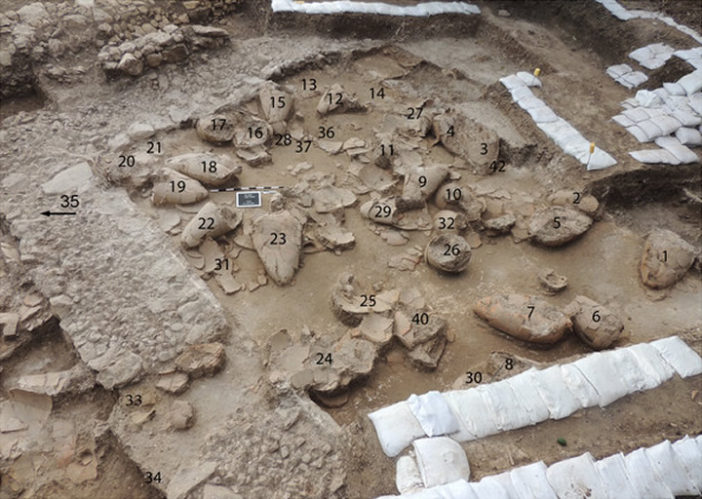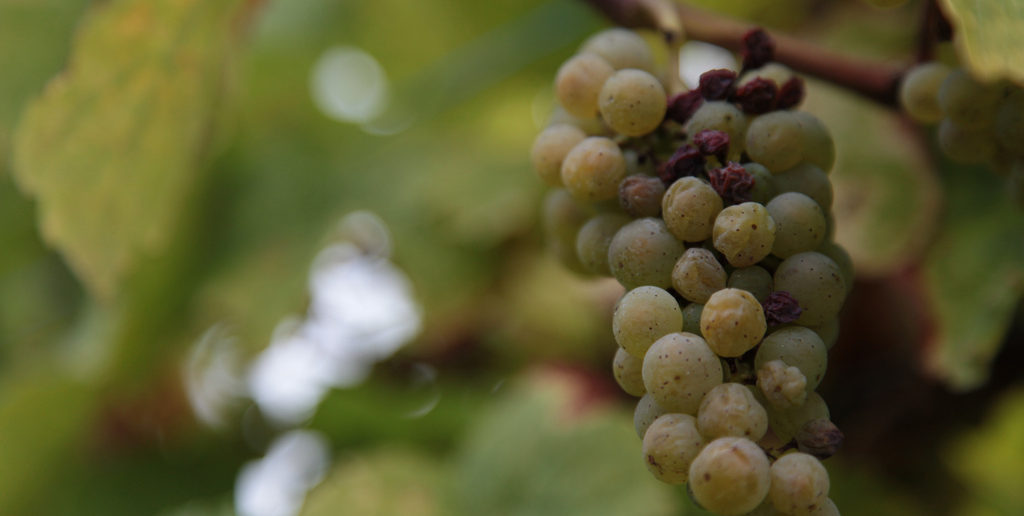Archaeologists excavating a Canaanite palace in western Galilee of modern-day Israel, have discovered an ancient wine cellar.
During a 2013 excavation of the Middle bronze Age site, Andrew Koh from Brandeis University and colleagues found 40 large storage vessels in an enclosed room on the western side of the courtyard.
The researchers analysed the residue found in the vessels using mass spectrometry and found that each jar contained chemical compounds that were indicative of wine. The compounds found in each jar were similar but the researchers detected subtle differences, showing that the winemakers included other additives such as honey, storax resin, terebinth resin, cedar oil, cyperus, juniper, and perhaps even mint, myrtle, or cinnamon.
In their research published in the journal PLoS ONE, Koh and colleagues said that the use of additives in the wine indicates that humans at the time had a sophisticated understanding of plants and skills necessary to produce a complex beverage that balanced preservation, palatability, and psychoactivity.

Kabri wine cellar with numbered jars. Andrew J. Koh, Assaf Yasur-Landau, Eric H. Cline. Characterizing a Middle Bronze Palatial Wine Cellar from Tel Kabri, Israel. PLoS ONE




